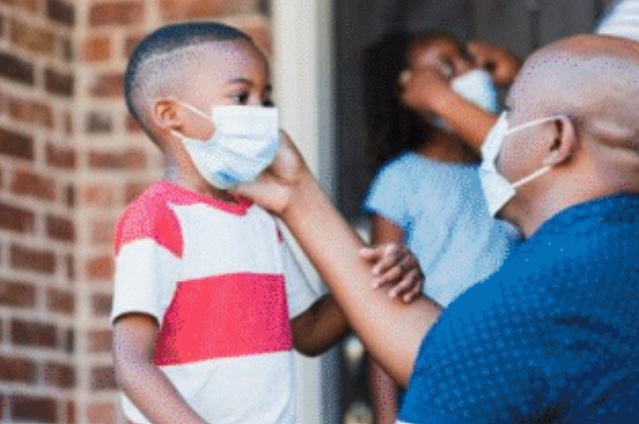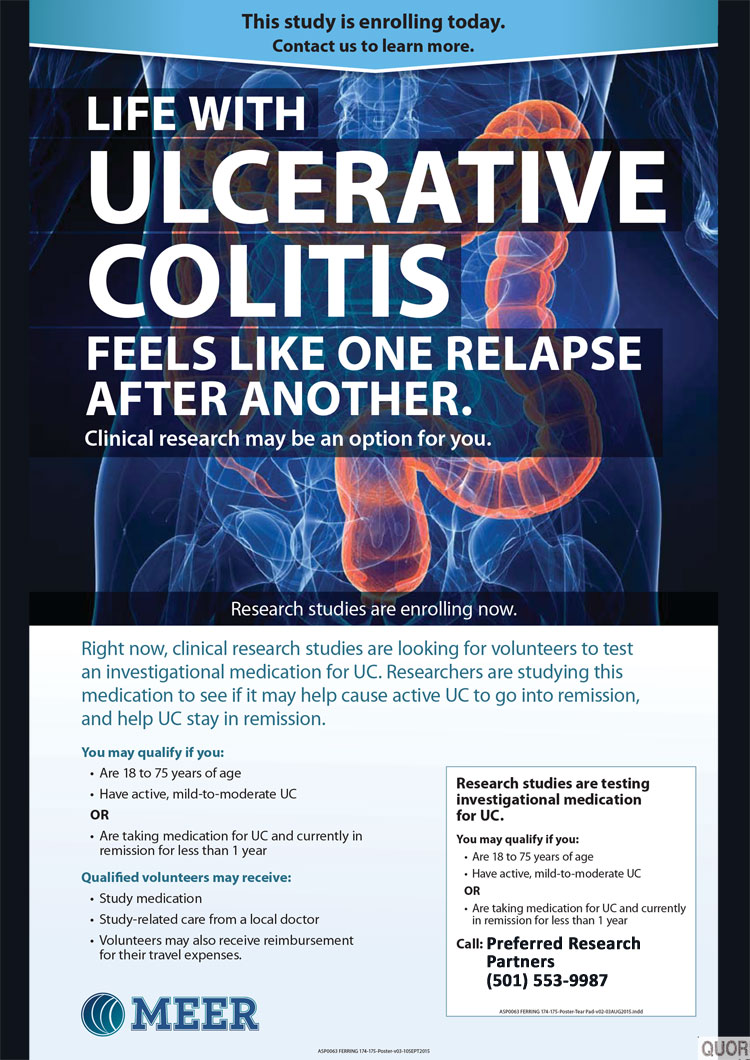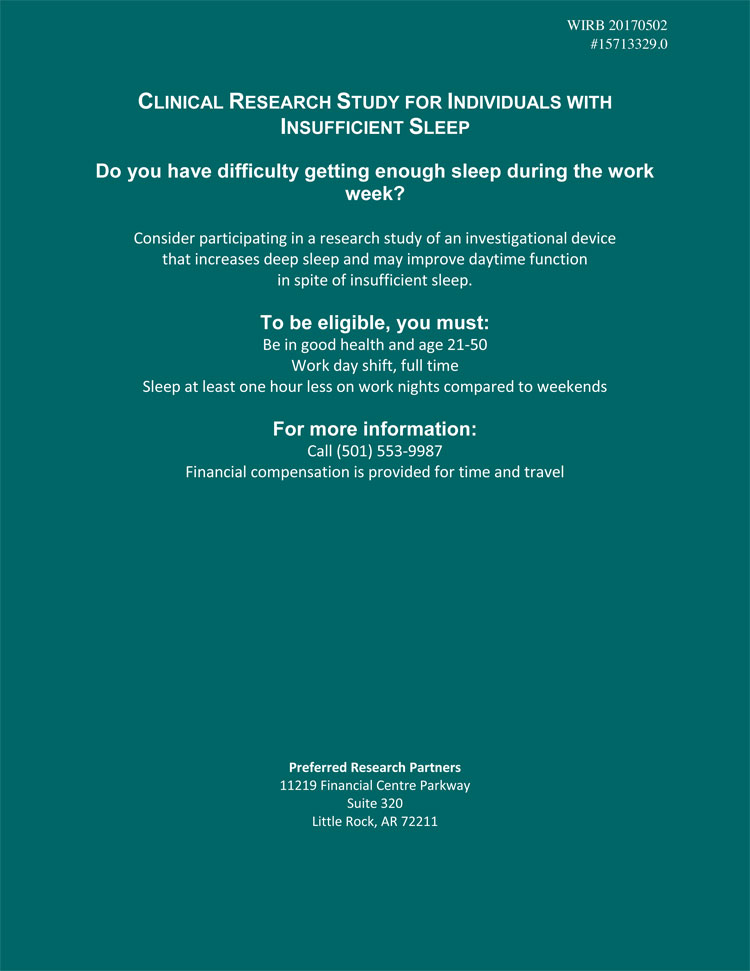Are you looking for information about getting your child vaccinated for COVID-19? People of all ages have been affected by COVID-19 around the globe. COVID-19 is a respiratory disease caused by SARS-CoV-2, a coronavirus discovered in 2019. The virus spreads mainly from person to person through respiratory droplets produced when an infected person coughs, sneezes, or talks. Some people who are infected may not have symptoms.
Signs and symptoms of COVID-19 in children:
Some children infected with COVID-19 may have many symptoms, while some may have none. The most common symptoms are cough and fever. Some additional signs and symptoms that parents should look out for are chest pain, changes in skin such as discolored areas on their hands or feet, nausea, vomiting, diarrhea, nasal congestion, or chills. Children may also lose their sense of taste and smell as a symptom.
What do we know about pediatric COVID-19 vaccinations?
- Benefits. There are benefits to getting your child vaccinated. If your child does not have a vaccination and gets infected, their risk of getting seriously ill may be higher. As a result, they could experience ongoing or returning health issues from the infection. Vaccinations help to prevent short- and long-term complications of COVID-19.
- Safety. The U.S. Food and Drug Administration (FDA) determined COVID-19 vaccines are safe and effective for everyone 6 months and older. Clinical trials were conducted to establish the safety and effectiveness of the COVID-19 vaccines for children.
- Side effects. Some children may experience temporary or mild side effects to the COVID-19 vaccine, and some children may not experience any side effects at all. Before vaccination, tell the vaccine provider about any allergies your child may have—just like what you would do when your child receives their routine vaccines.
What are the different types of COVID-19 vaccines?
- Messenger RNA (mRNA): mRNA enters the body and instructs cells to produce a coronavirus spike protein stimulating the immune system to produce antibodies to fight COVID-19 if infected. This vaccine developer is Moderna and Pfizer.
- Viral vector: A modified version of a different virus instructs cells to produce a coronavirus spike protein, triggering the immune system to produce antibodies to fight COVID-19 if infected. This vaccine developer is Janssen (J&J).
- Protein subunit: A coronavirus spike protein enters the body, stimulating the immune system to produce antibodies to fight COVID-19 if infected. This vaccine developer is Novavax.
If you are interested in learning more about pediatric COVID-19 vaccinations, please contact us to learn more. Call us at (501) 553-9987 or email info@preferredresearchpartners.com.











